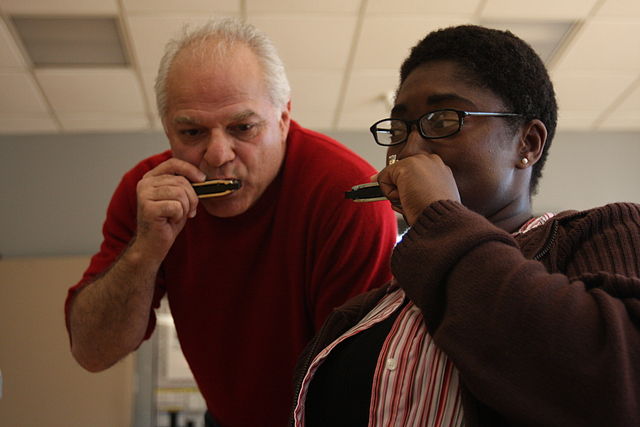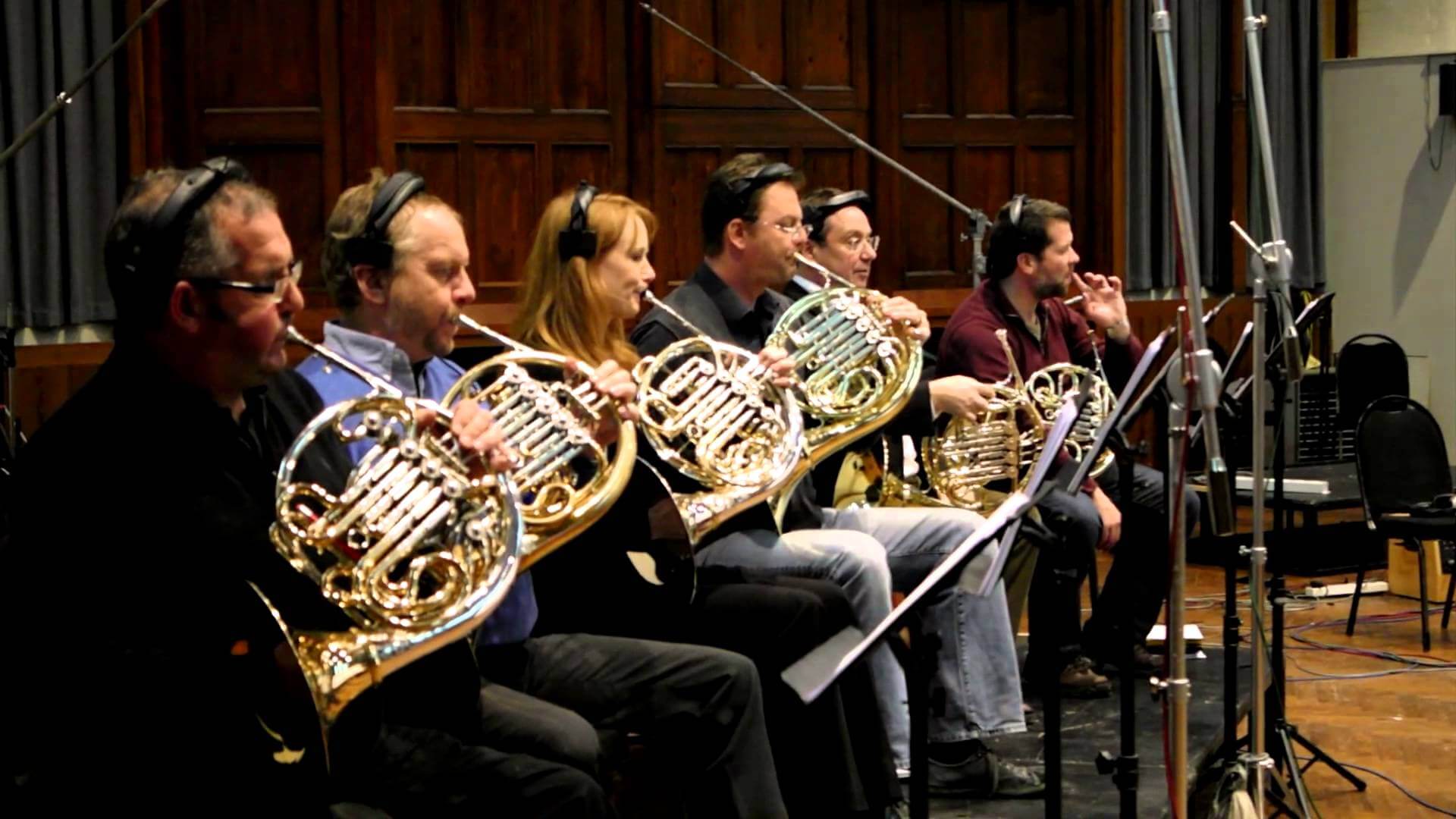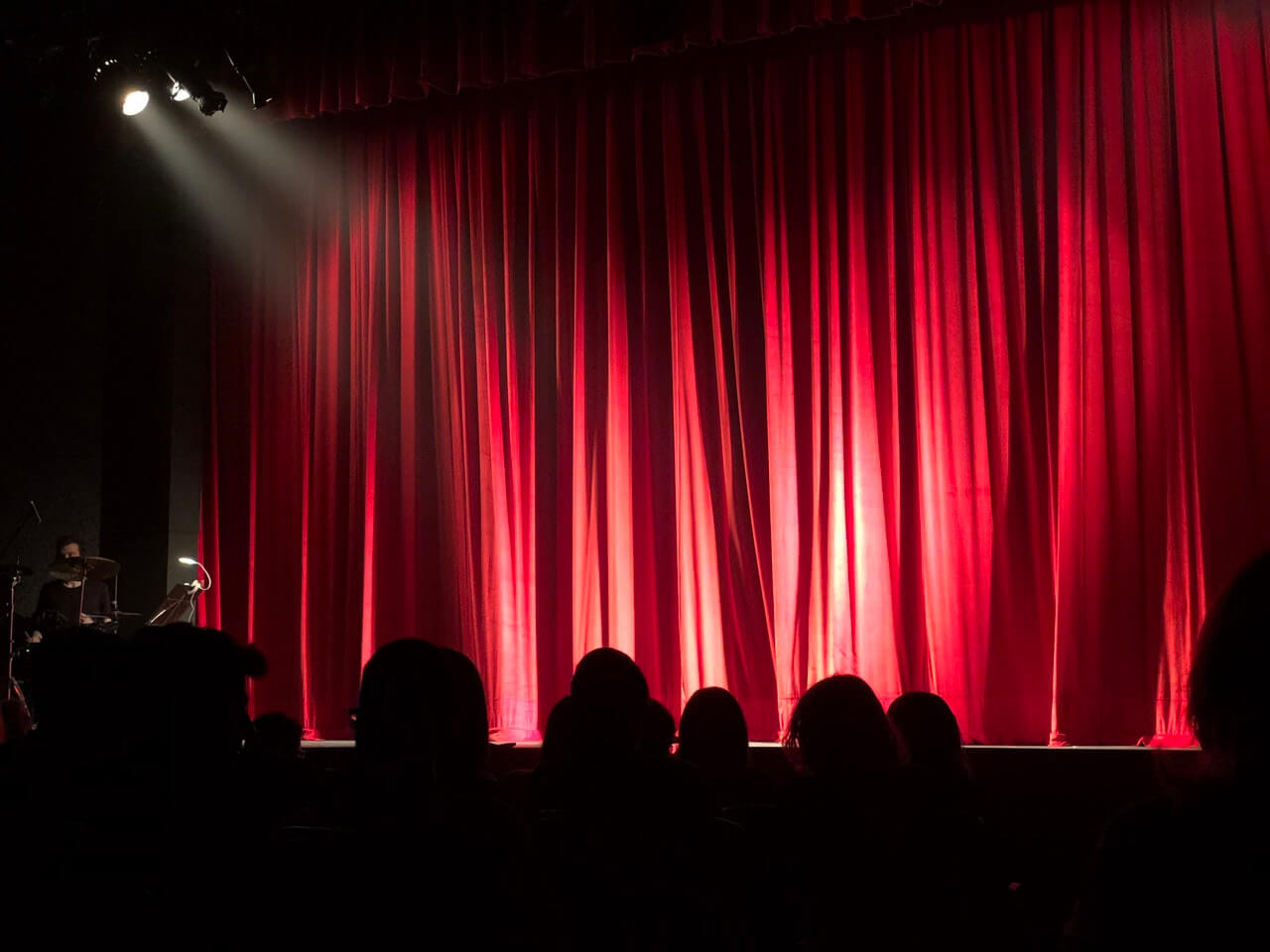As a horn teacher, I often say to my students that my ultimate goal is to put myself out of a job. That is, I want them to have a strong knowledge of their own strengths and weaknesses so they are able to practice and improve without my constant nagging…err..feedback.
My Method…
One of my favorite ways to try and encourage this kind of thinking: asking students how they did immediately after playing a passage. Even before I give any sort of feedback. Since I want them to know what they do well as well as what could use improvement, I do ask both what they liked and didn’t like in their performance. This has the additional bonus of letting me know where their attention is (and isn’t) while playing.
…Now Validated By Science!
Now, a recent article over at the Bulletproof Musician gives some scientific proof to the benefits of this method!
The Bulletproof Musician article tells of an experiment in which students had to perform a specific physical task. After each attempt, some received immediate feedback, and some had to guess at their success before receiving feedback.
As the Bulletproof Musician article explains, while there wasn’t much of a difference in the student’s results in the short term, over the long term the students that had to develop their own idea of how they did were more able to keep the skills they learned. This would, in theory, allow more progress from lesson to lesson instead of the Groundhog Day lesson phenomenon, where the same sections and problems are worked on again and again and again and…
My Own (Non-Scientific)Results
While it’s not a definitive study, I do find that this seems to help most of my students. After just a few months, many of them are more able to assess the quality of a particular musical passage. This doesn’t always mean they play better, of course. If they are not practicing correctly, then they won’t improve much at all. But correct self-diagnosis is the first step to fixing any playing problem!





